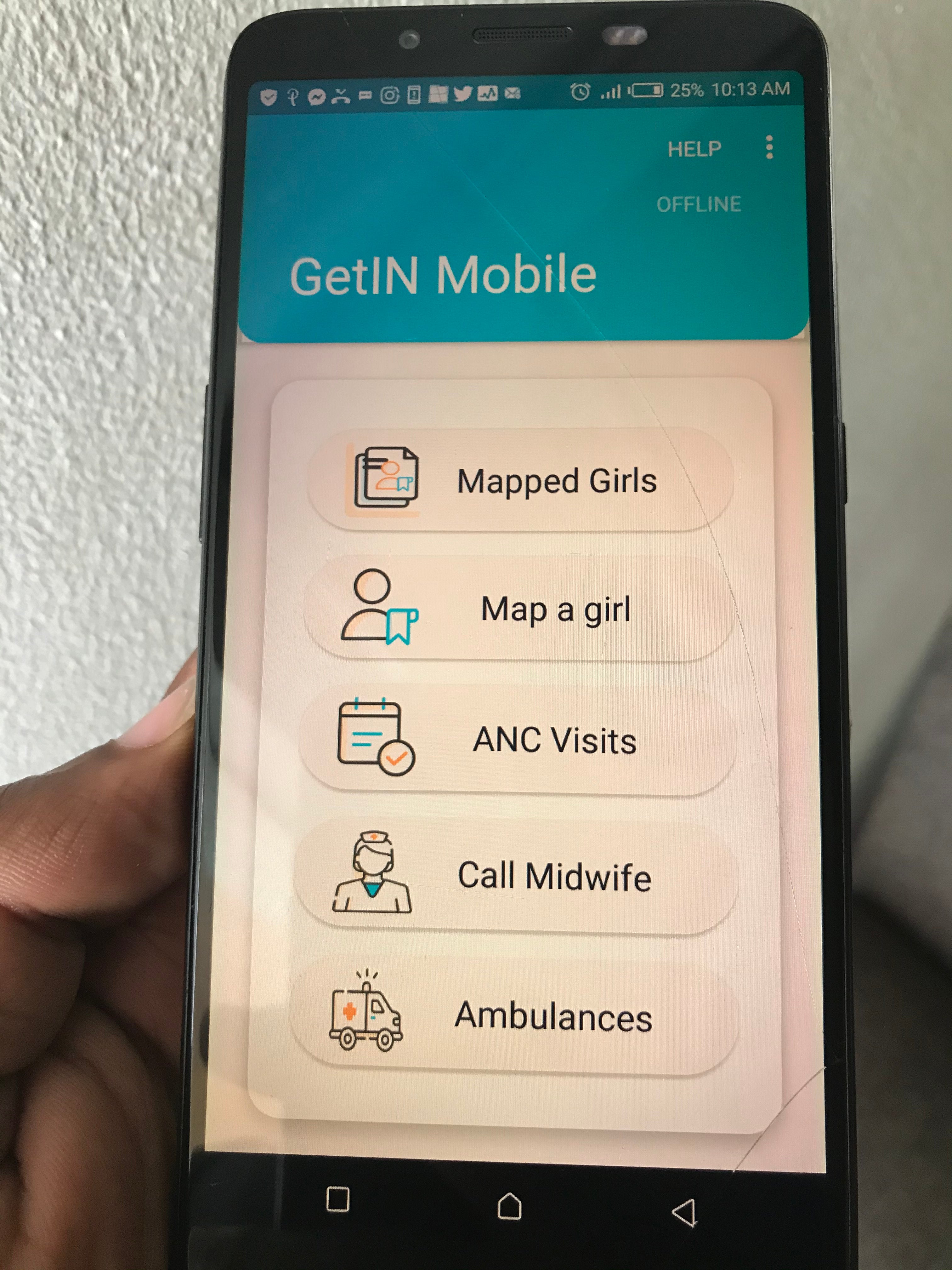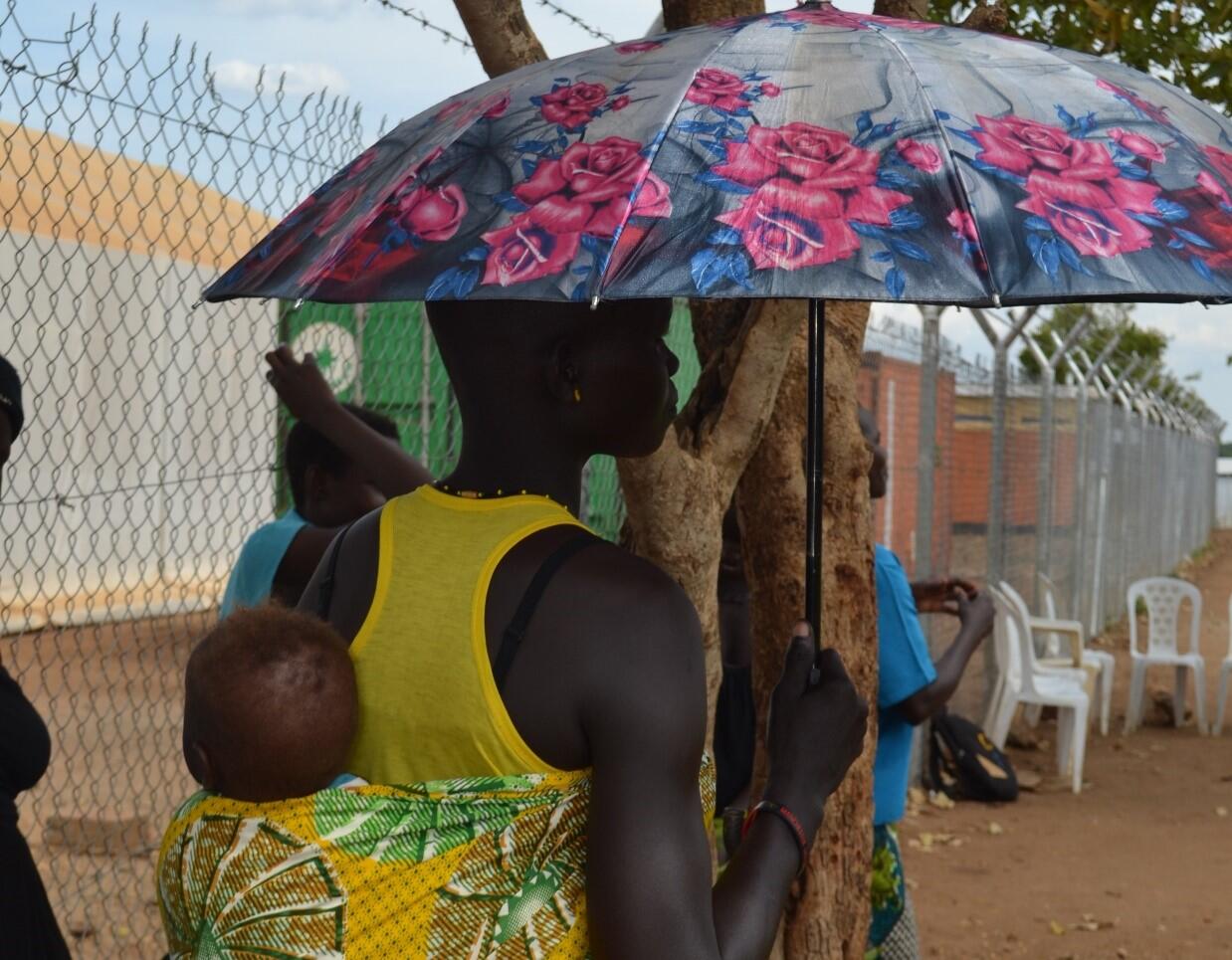Starting in October 2020, a Voucher scheme will be implemented in Moyo, Yumbe and Adjumani Districts targeting 45,000 adolescent girls in the West Nile region to enable them access reproductive health services. The voucher scheme has been integrated into UNFPA’s Get-In app, which uses geospatial technology to enable health workers to map and follow-up teenage mothers and support them to access skilled antenatal, delivery and post-natal care. A voucher button has been built into the Get in App to enable health workers generate vouchers during the process of mapping pregnant girls.

Adolescents and young people in Uganda face several challenges in accessing sexual and reproductive health services including attitudes of service providers, lack of privacy at health facilities, long distances to health facilities and high costs of services. A 2019 report on Health Facility Quality of Care for Adolescents and Youth, by UNFPA shows that these challenges persist because of inadequate capacity of health and social systems to address young people’s health and wellbeing.
As a way to help address these challenges, UNFPA and partner Marie Stopes have rolled out a voucher scheme, targeting 45,000 adolescent girls in the West Nile region to enable them access reproductive health services.
UNFPA Representative Alain Sibenaler said the introduction of the voucher scheme alongside the GetIn App would help address some of the barriers women and girls face in accessing critical reproductive health services. “Teenage pregnancy takes a huge toll on girls’ health. Ensuring that girls can access supportive services to help prevent pregnancy and to access maternal health services in case of a pregnancy is of absolute importance to UNFPA,” he said.
With funding from the Government of the Netherlands under the Advance Sexual & Reproductive Health and Rights in West Nile and Acholi Sub- Regions (ANSWER) programme, UNFPA and Marie Stopes will provide vouchers to pregnant teenage girls to enable them access maternal health services. Girls at risk of teenage pregnancies will receive vouchers to enable them access family planning services at target health facilities.
How the GetIN e-voucher Integration will work
Health workers are now able to generate e-vouchers within the GetIN App after linkage to the MSI-Connect system while also tracking ANC attendance behaviour of the mapped pregnant girls. MSI Connect is a voucher generation and management system from Marie Stopes International.
Previously, pregnant girls enrolled in the GetIN mobile app would only receive reminders and follow up notifications from health workers. However, some girls were still not able to access some of the lifesaving services like ambulances during referral, fees for specialized delivery, or afford the cost of the delivery kits.
Each voucher will entitle a pregnant teenage girl to four antenatal visits, delivery at ä health facility (including C-Section), transport in case of referral, postnatal care and postpartum Family Planning. Girls who receive the family planning vouchers will access counselling and information, family planning methods and management of side effects.
The vouchers will be redeemable at no cost at any of the accredited 105 public Health Centre II, III and IV as well as district hospitals.
Use of voucher schemes has shown to be effective in targeting vulnerable groups in communities and also apposite in empowering girls to seek services and serves as an entry point to the health system.
Written by Donald Waruhanga and Cedric Muhebwa


